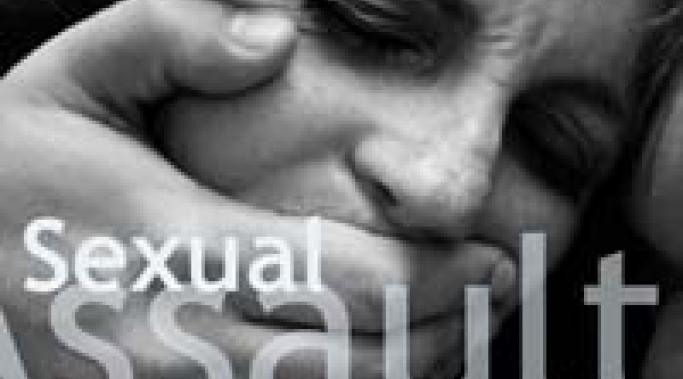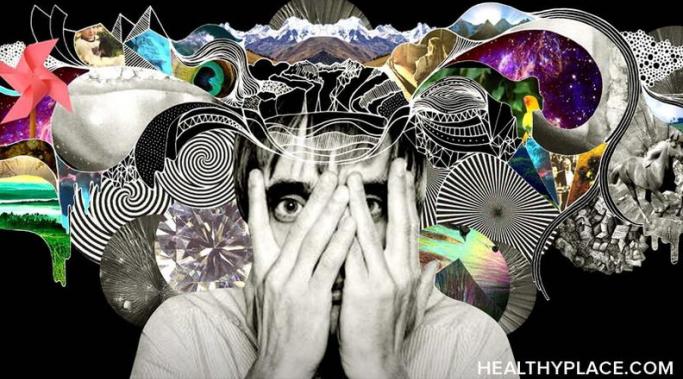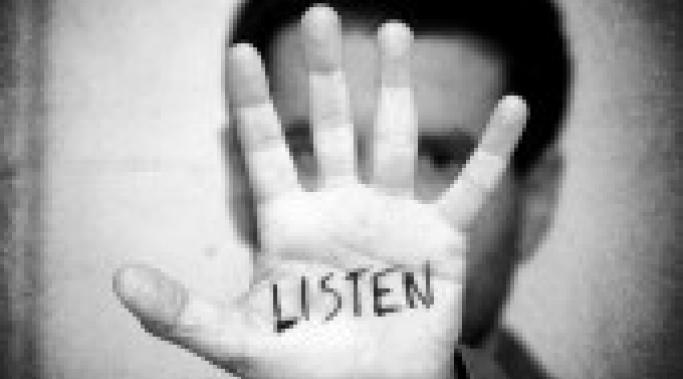Blogs
In spite of what some people would have you believe, I’m not actually the biggest fan of pharmaceutical companies. None of them are champions in my book. These companies only care about one thing – making money. And they will do whatever they think they can get away with to make that happen.
Now, that doesn’t mean that I don’t need and use their products, because I do, but I harbour no false illusions about who it is I’m in bed with.
And while I do believe that pharmaceutical companies have cleaned up their act a lot in terms of incentivising prescriptions of medication and I think doctors have done a lot to reject drug company incentives, let’s face it, drug companies will still market any way they can because that’s their job – to sell product.
And when drug companies step out of line, illegally market their drugs and fail to report proper safety data, I want their hand slapped – hard. And $3 billion dollars just isn’t going to do it.
Mental illness is a difficult thing to live with. Sometimes, it feels impossible. To make things even more complicated, the diagnosis of mental illness often comes with "dual diagnosis", a fancy term for living with more than one illness.
Part I of this blog will focus on addiction and Part II, later this week, will focus on eating disorders and anxiety disorders.
When I published my last post almost a year ago, I was sure that it marked the end of Dissociative Living. I wasn’t happy about that. I was frustrated and angry with myself for what I saw as an inability to manage stress effectively. And I was sad that I had to give up writing about Dissociative Identity Disorder because of that inability. Since that post last September, I’ve learned some things, including: 1) there is a profound difference, practically speaking, between stress and chronic stress, and 2) you cannot manage chronic stress – you either survive it, or you escape it.
One year anxiety almost undermined my life and panic almost had me missing the fireworks. I was so anxious that I took my son, who was then a baby, and left the rest of the family on the blanket we set up to watch the fireworks. I could not get out of there fast enough eager to reach the "safety" of my house. (Where I would continue to panic anyway.) I got to my car and was stuck in firework traffic, I could not leave.
Making a confident first impression can be challenging, learn how to feel confident and make a positive first impression by following these three tips.
When someone suffers from borderline personality disorder (BPD), he or she needs to beware of the word "masochism". According to Dr. Aphrodite Matsakis' I Can't Get Over It, some people are quick to label a person who has experienced multiple traumas a masochist and interpret their misfortunes as a desire to be miserable. For example, when I was sexually assaulted, I was told I was "maybe not consciously" asking for it.
Schizophrenic. Alcoholic. Manic depressive. Borderline. Addict.
Person.
Every single time I hear someone refer to someone else, or even themselves, by any of the above mentioned words, I cringe. How can one person, filled with such complexities, differences,, interests and aspirations ever be summed up by one word?
Have you ever wondered if you are an alcoholic? Do you continue to drink despite one or more negative consequences associated with drinking? Do you look forward to drinking? Do you drink alone, and not just socially? Do you sometimes drink to control some emotion? Is your drinking causing suffering for you or a loved one?
This article is a continuation from Multi-Polar - The Many Moods of Bipolar Disorder part one.
Before we were diagnosed with a mental illness we probably spent a lot of time listening. Rather, a good amount of time trying not to listen. As you embark, shall I say, on your journey to mental health recovery, listening to feedback from other people becomes important.







